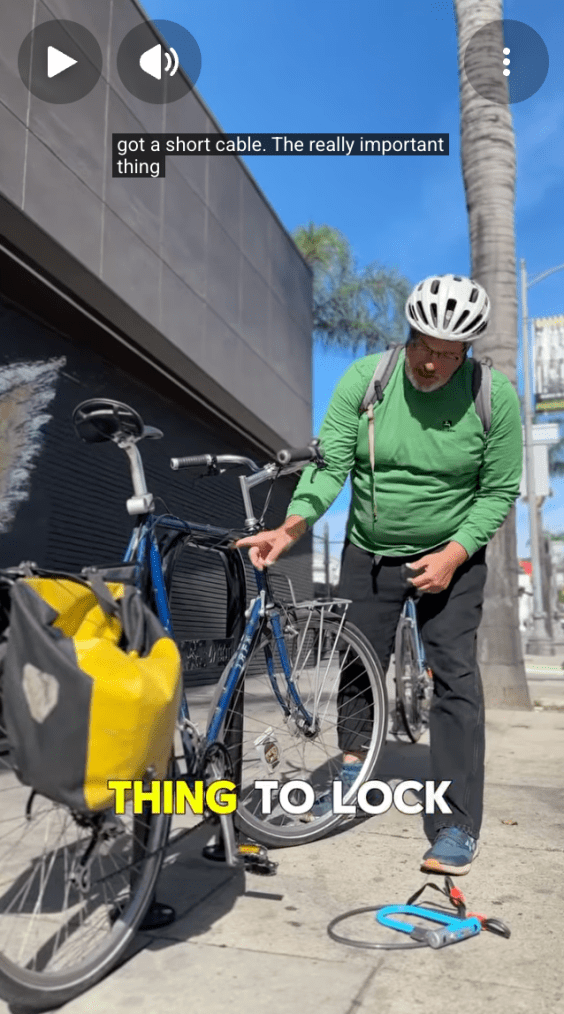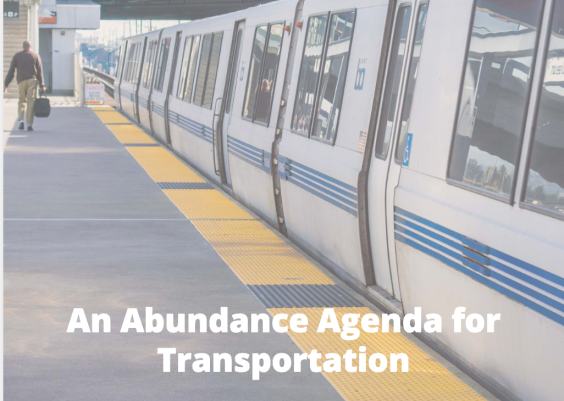California transit advocates have begun organizing a strategy to move legislation through Sacramento that would dedicate a steady, long-term state revenue source for public transit and prevent future budget writers from raiding it.
"We need to come up with the ideas quite quickly," said Nick Caston, the state transportation advocate for TransForm. "We're hoping we'll be able to utilize the committee system to get hearings to delve into the structural issues."
Since 1971, under Governor Ronald Reagan, the State Transportation Assistance (STA) fund has been the only state funding source for transit operations in California. But in the last two years, as we've reported, Governor Schwarzenegger, who touts himself as a "leader" in the fight against global warming, and the Legislature have diverted $3 billion to the general fund at a time when transit ridership is soaring.
This year's prolonged budget process was painful, no doubt, but what emerged from the secret "Big Five" meetings, and what the governor signed today, is a budget that eliminates all transit funding until 2013.
What does it mean regionally? Fare hikes and service cuts.
Muni should have gotten $68 million. The agency is losing $25 million this year and $43 million next year from out budgeted operating dollars, said MTA spokesman Judson True. The loss could slow the implementation of the Transit Effectiveness Project (TEP) because the agency will have to scale back awarding some service contracts. Some other California transit agencies are worse off, with some dramatic cuts in service on the table.
Transit advocates note, however, that Senate President Pro Tem Darrell Steinberg (D-Sacramento) gets it, and he's privately pledged to work with advocates on finding a long-term budget solution for transit. Said Jeff Wagner of the California Transit Association:
We’ve never considered DarrellSteinberg to be a card-carrying member of the Kill Transit Caucus.We’re obviously very upset that the Legislature has resorted tocompletely eliminating transit operations funding as a means to help solve thisstate budget crisis. But, aside from this situation, Darrell Steinberg understands thedire circumstances faced by transit providers. He understands the value ofpublic transit – and we know he’s not alone among legislators inthat regard. We’re cautiously optimistic based on his personalassurance to work with us to establish a reliable source of state funding forday-to-day public transit operations.
One idea that's emerging is to roll transit money into the distribution of Proposition 42 funds, the gas sales tax, said Caston. Other potentials include drawing revenue from climate or gas fees (since a proposed gas tax was nixed by the "Big Five").
Caston said advocates are hoping to unite with labor, public health, environmental, business and community groups to rally around public transit. The California Transit Association, meantime, is gearing up for its annual Transit Lobby Day and encouraging its membership to show up in force for appointments with all 120 state legislators.





